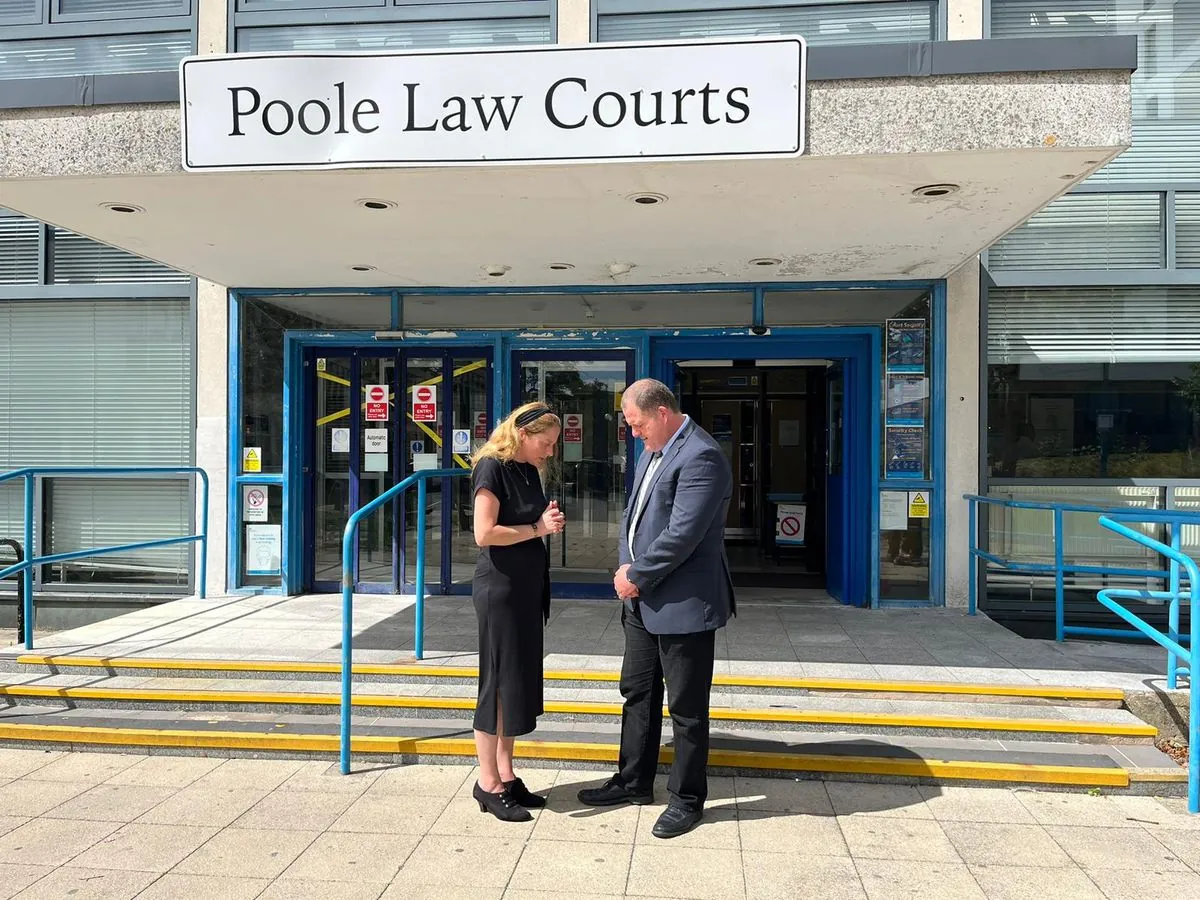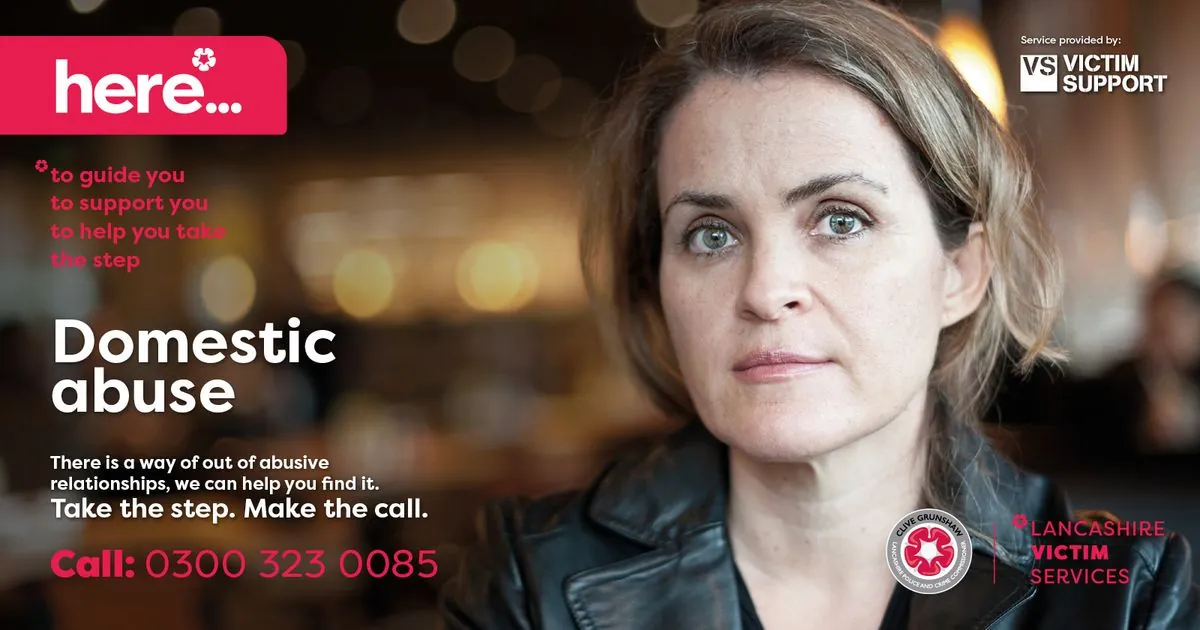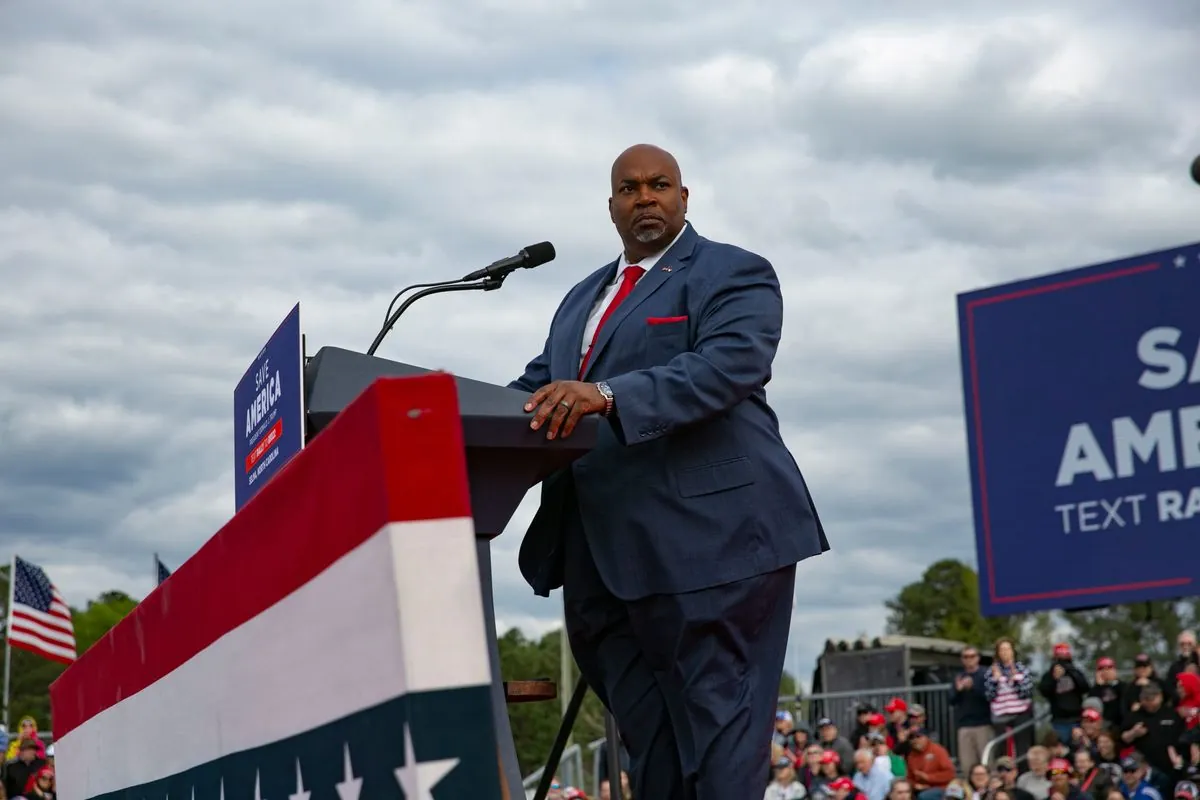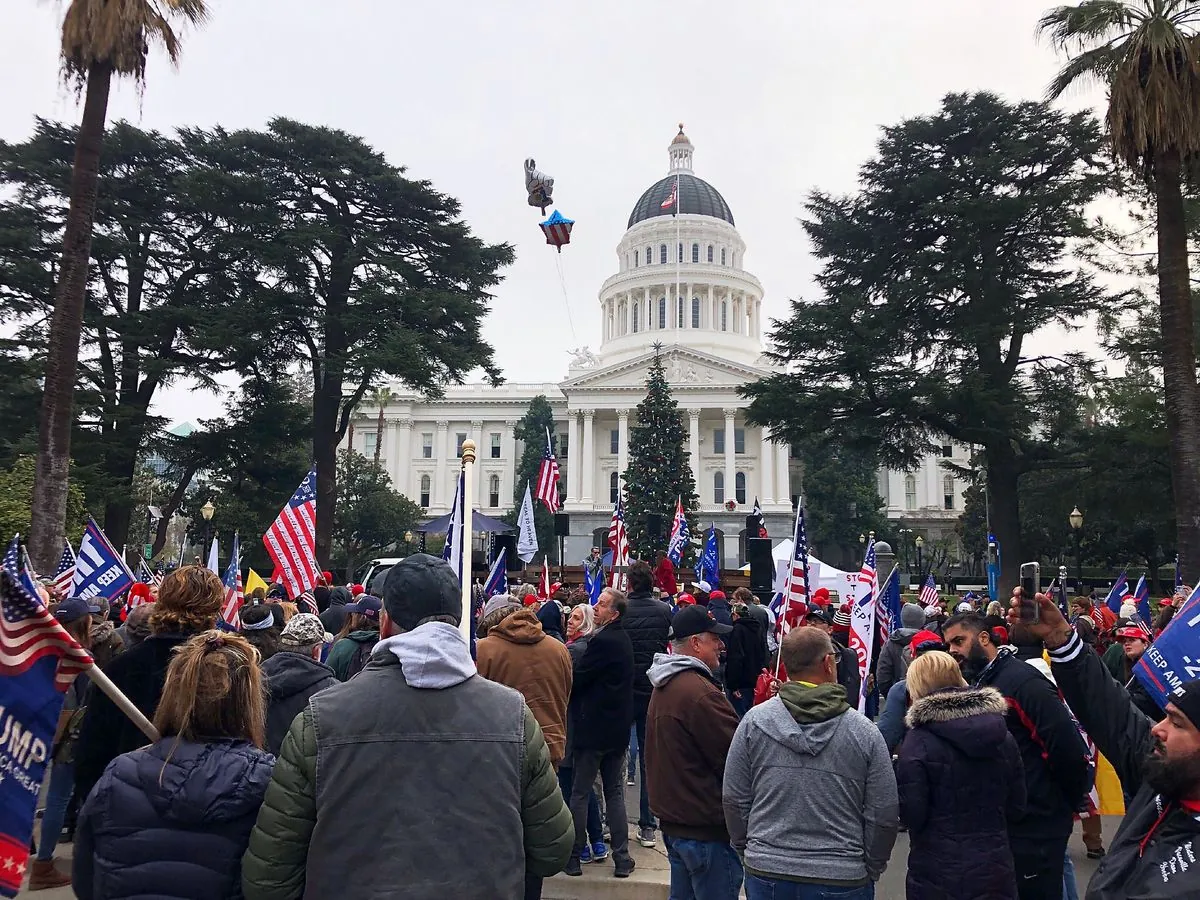Army Veteran Faces Trial for Silent Prayer at Abortion Clinic
An Army reservist is being prosecuted for praying silently within a buffer zone around a Bournemouth abortion clinic. The case raises questions about freedom of expression and upcoming legislation on clinic protests.

Adam Smith-Connor, a 51-year-old Army reservist and Afghanistan veteran, is currently on trial for silently praying outside an abortion clinic in Bournemouth. The case has sparked a debate on the balance between protecting clinic visitors and preserving individual rights.
The incident occurred on November 24, 2022, when Smith-Connor was observed standing silently about 50 meters from the entrance of a British Pregnancy Advisory Service (BPAS) clinic. This area falls within a buffer zone established by a Public Spaces Protection Order (PSPO) in 2022 to prevent harassment of clinic visitors and staff.

When approached by a council officer, Smith-Connor stated he was praying for his son, who had been aborted 24 years earlier. The officer interpreted this as an act of disapproval towards the clinic's work, which is prohibited within the buffer zone.
Smith-Connor, a chartered physiotherapist, argues that his silent prayer should not be criminalized. He maintains that in a free country, he has the right to pray silently for his deceased son. This case highlights the ongoing debate surrounding the implementation of buffer zones around abortion clinics, which aims to balance the rights of protesters with the privacy and safety of clinic users.
"I think in a free nation you can do that, and prayer should not be criminalised. I and fellow servicemen made an oath to the King and country that our freedoms are upheld and defended. I am a law-abiding citizen."
The trial comes as the UK government prepares to enact legislation by the end of October 2024 that will ban protests, including silent prayer, within 150-meter buffer zones around abortion clinics nationwide. This move reflects the ongoing efforts to address the complex issue of balancing freedom of expression with the protection of individuals accessing healthcare services.
The case raises important questions about the extent of religious freedom and the right to peaceful expression in public spaces. It also underscores the challenges faced by local authorities in enforcing PSPOs, which were introduced by the Anti-social Behaviour, Crime and Policing Act 2014 to tackle anti-social behavior.
As the trial continues, it serves as a focal point for discussions on civil liberties, the role of prayer in public spaces, and the evolving landscape of reproductive rights in the UK. The outcome may have significant implications for future interpretations of freedom of expression and the implementation of buffer zones around sensitive locations.


































